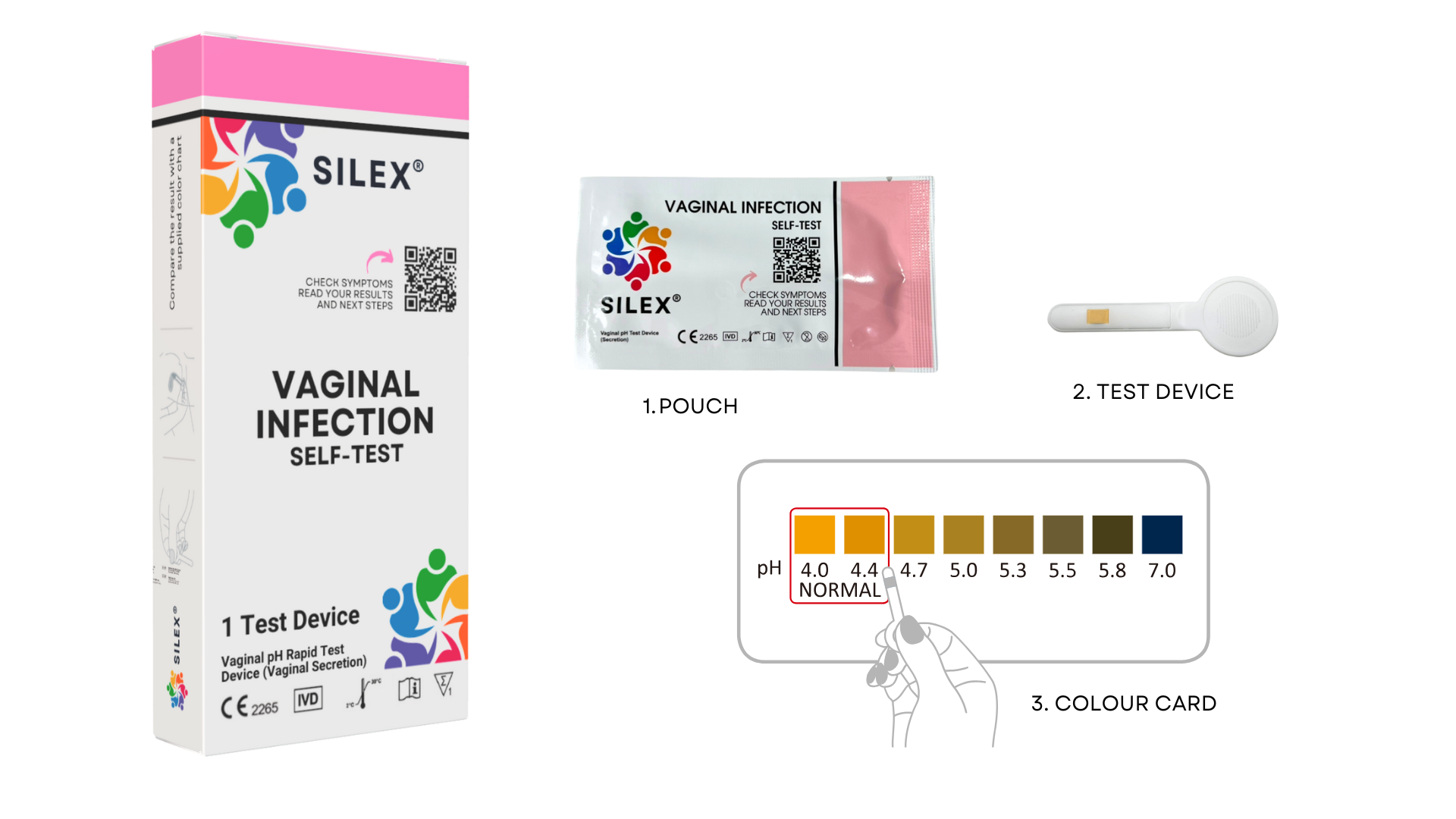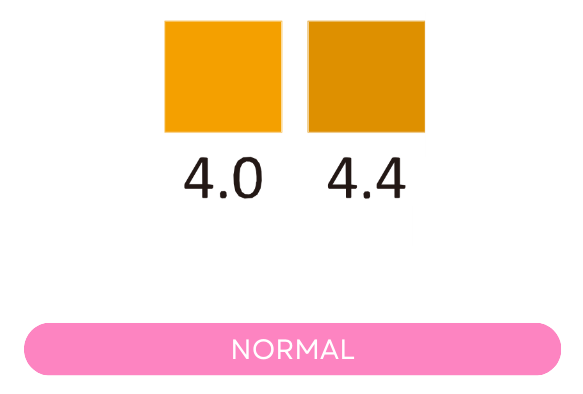Test Overview
Symptoms
Bacterial vaginosis often causes unusual vaginal discharge that has a strong fishy smell. It can also change colour and consistency, becoming greyish-white and watery. Around half of women with bacterial vaginosis do not have any symptoms. Bacterial vaginosis does not usually cause any soreness or itching.




FAQs
A vaginal infection is also known as bacterial vaginosis. It is not a sexually transmitted disease. It is a common condition caused by the overgrowth of bacteria in the vagina. This causes a change in the normal vaginal discharge which may become more noticeable or develop a fishy smell.
Normally there is a healthy mix of millions of bacteria in our bodies, including the vagina. We rely on them being there and they are important to us. In bacterial vaginosis, the balance of vaginal bacteria is altered.
Some estimate that as many as 1 in 3 women develop bacterial vaginosis at some point in their lives.
Bacterial vaginosis is not a sexually transmitted infection. It can however increase your risk of getting a sexually transmitted infection (e.g. Chlamydia).
Bacterial vaginosis often causes unusual vaginal discharge that has a strong fishy smell. It can also change colour and consistency, becoming greyish-white and watery. Around half of women with bacterial vaginosis do not have any symptoms. Bacterial vaginosis does not usually cause any soreness or itching, but it can sometimes cause painful urination.
Bacterial vaginosis is not caused by poor hygiene. In fact, excessive washing of the vagina may alter the normal balance of bacteria in the vagina which may cause bacterial vaginosis.
Bacterial vaginosis is usually treated with antibiotic tablets or gels/creams. These are prescribed by a GP or sexual health clinic. If you have a same-sex partner, they may also need treatment. In some women, bacterial vaginosis recurs and further treatment may be needed.
Use water and plain soap to wash your genital area. This is because bacterial vaginosis is caused by a change in the natural balance of bacteria in your vagina. Water and plain soap maintain this natural balance better than other forms of soaps or shower gels.
No, the infection does not get passed to the male sexual partners.














